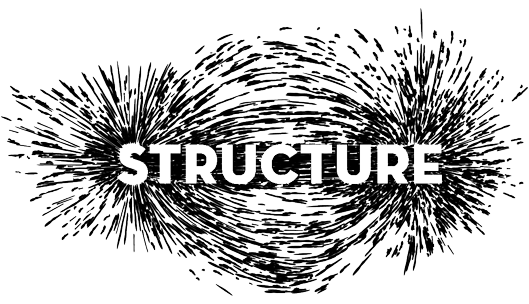Guest Post By Jake Anderson. Follow Jake to read more of his musings.
—
A Pew research poll conducted last year showed that 56% of respondents didn’t believe humans would use radical life extension technology. On its own, the number really means nothing. The respondents may not have understood the kind of technologies being referred to, or could have misunderstood the question itself. If pressed to live an extra day or die, I’m willing to bet each one of these people would take the day. We will keep wanting to live one extra day, forever.
Yet, the life extension and anti-aging movement raises more nuanced conundrums than just “do you want to live or die?” You have to imagine the kind of society that will result when radical life extension technologies are widely available. Because not only will it dramatically alter the duration and quality of life, it will change our social mores and traditions as well. A world in which death can be indefinitely delayed is a world that will see revolutions in criminal justice, marriage, family, class, and population control.
Here are some of the questions I would ask:
How will we determine proper jail sentences?
A sentence of 50 or 60 years given to an adult has traditionally been seen as a life sentence. The man (or woman) will die in prison, or be so old he would likely rather die than wander the strange new streets as a physically broken 100 year-old. But what about a life sentence? How will we determine what is a proper amount of time for someone to spend in prison when life is extended by 50 to 100 years? And, more importantly, will convicts have access to radical life extension treatments? It doesn’t make much sense for someone with a life sentence to keep on living indefinitely, but you can bet that inmate will want to live an extra day, every day, just like the rest of us.
Sentences and punishments may have to be lengthened and increased. At the same time, we will have to look more for rehabilitation, so that a person serving a thousand year prison term doesn’t waste a millenia of resources in the absence of a death sentence.
Will the institution of marriage finally be destroyed?
“Till death do us part” is going to sound a lot different when you’re talking about hundreds, possibly thousands of years. In a society that already has trouble sticking to monogamy, will radical life extension be the death blow to the institution of marriage? Or, will people instead move towards a new model of shortened marriages or even simultaneous marriages–otherwise known as polygamy? Perhaps families will return to more communal based social units, living in communities of interbreeding mothers and fathers who collectively raise hundreds of children and thousands of grandchildren–small, familial townships.
Those who remain monogamous for thousands of years could turn into the hallowed equivalent of living saints. Respected, but antiquated.
Will such a shattering of traditional marriage pave the way for equal marriage rights for homosexuals, or will that have already happened? Sometimes futurism doesn’t actually catch up with the future.
How will families manage the increasing disparity in age and generation?
Will family dinners get more or less cantankerous when there are 50-year differences between siblings and 100-year differences between parent and child? With fertility rates extended and people remaining sexually active (or maybe by this time will we have divorced reproduction from sexuality) well into their hundreds, the gap between generations will be more pronounced and a whole a new set of social relationships will appear.
How will economic and class status determine the right to live longer?
At first it sounds rather obvious–well, of course, the wealthiest will get to buy the most top notch gene therapy and nanobot solutions. But even in our current plutocratic society, we still haven’t fallen to the point where we actually say rich people deserve to live and poor people don’t. So why does it follow that after life extension is developed, we will say that rich people deserve to live longer than poor people? You’re still equating the value of life with money.
The recent film Elysium touched upon this issue. imagining a world in which the very rich have absconded to an Edenic off-Earth ring world while the masses fester on our polluted, overpopulated home world. Frankly, it’s hard to imagine life extension technology not being privatized, and while some therapies will trickle down to the masses, one has to expect that the newer, more extensive therapies will be reserved for those who can slam down some serious Bitcoin.
Eventually, one can easily imagine this leading to one or more partitions in the human species–the posthuman gods, the middle class transhumanists, and a small minority of anti-technology Luddites.
Where is everyone going to live?
The overpopulation argument is pretty old (pun intended) for fervent anti-aging activists by now but, coming at it from a sheer numbers point of view, it’s a question that must be answered. With the vast majority of humans living significantly longer, we are either going to have to reimagine our energy use and urban spaces, or colonize off-world. There is already a push to create a starship to another solar system that may have an inhabitable exoplanet. A Lunar or Martian colony–or terraformed landscape–is probably the most realistic short term option.
But will Moon colonies be enough? Or will we need seasteads as well, and vast arcologies of housing units that reach miles into the sky? How will 8-10 billion people living for 200 years affect our energy use, our already elephant-sized carbon footprint?
One would hope that by the time we are advanced enough to extend our lifespans via biotechnology and nanotechnology, we will also be advanced enough to harvest and utilize energy sustainably. But, once again, sometimes futurism doesn’t actually catch up with the future.





